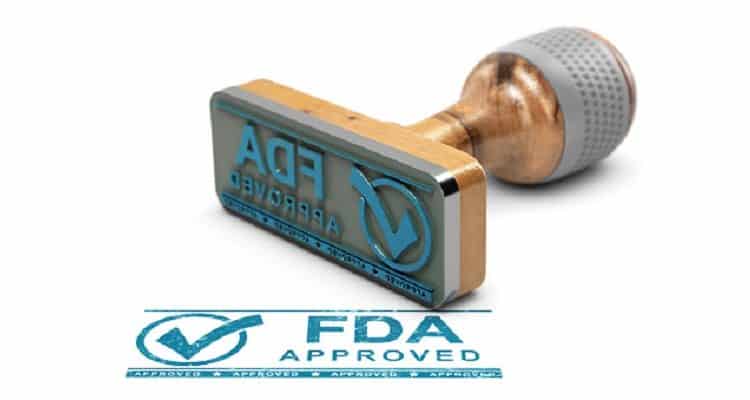US FDA approves Novartis Kesimpta (ofatumumab) for relapsing forms of MS treatment
Ofatumumab was first approved by the FDA in 2009 for the treatment of chronic lymphocytic leukaemia (CLL)
Novartis has received US Food and Drug Administration (FDA) approval for Kesimpta (ofatumumab, formerly OMB157) as an injection for subcutaneous use for the treatment of relapsing forms of multiple sclerosis (RMS), to include clinically isolated syndrome, relapsing-remitting disease, and active secondary progressive disease, in adults. Kesimpta is a B-cell therapy that can be self-administered once monthly at home via the Sensoready autoinjector pen.
The approval of Kesimpta is based on results from the Phase III ASCLEPIOS I and II studies, in which Kesimpta demonstrated superiority versus teriflunomide in significantly reducing the annualised relapse rate (ARR, primary endpoint), three-month confirmed disability progression (CDP), and the number of gadolinium-enhancing (Gd+) T1 and new or enlarging T2 lesions. Results from these two studies were recently published in the August 6, 2020 issue of The New England Journal of Medicine.
Ofatumumab was first approved by the FDA in 2009 for the treatment of chronic lymphocytic leukaemia (CLL) as an intravenous infusion with a high dose, administered by a healthcare provider. Ofatumumab was then investigated in an entirely new development program in RMS, as B-cells are known to play a critical role in the development of autoimmune diseases, such as MS. The clinical development program for ofatumumab in RMS took 10 years and has involved more than 2,300 patients around the world as part of studies that were reflective of the broad patient population. Kesimpta was found to work through a distinct mode of action, and the treatment regimen (dosing)—which was specifically designed for RMS—plays a critical role in the outcome. This is a different dosing regimen and route of administration than was previously approved for the CLL indication.
“This approval is wonderful news for patients with relapsing multiple sclerosis. In the key clinical studies, this breakthrough treatment produced a profound reduction in new brain lesions, reducing relapses and slowing underlying disease progression. Through its favourable safety profile and well-tolerated monthly injection regimen, patients can self-administer the treatment at home, avoiding visits to the infusion centre,” said Professor Stephen L Hauser, Director of the UCSF Weill Institute for Neurosciences and co-chair of the steering committee for the ASCLEPIOS I and II studies
“Traditionally, B-cell treatments, which bind to and deplete B-cells associated with disease activity in MS, have predominantly been available in hospitals or infusion treatment centres, which can add costs to the healthcare system and present a lifestyle burden for some patients. Kesimpta provides patients with the flexibility of self-administering via once-monthly subcutaneous dosing requiring no premedication, eliminating the need to travel to an infusion centre. The positive results from the APLIOS study—an open-label Phase II study to determine the bioequivalence of subcutaneous delivery of Kesimpta via a prefilled syringe and a Sensoready pen in patients with RMS—and the ASCLEPIOS studies show Kesimpta to be a highly effective B-cell therapy that can be easily self-administered at home,” informed the company through a statement.
Kesimpta is expected to be available in the US in early September. Additional regulatory filings are currently underway across the world, and regulatory approval for Kesimpta in Europe is expected by Q2 2021.
- Advertisement -


